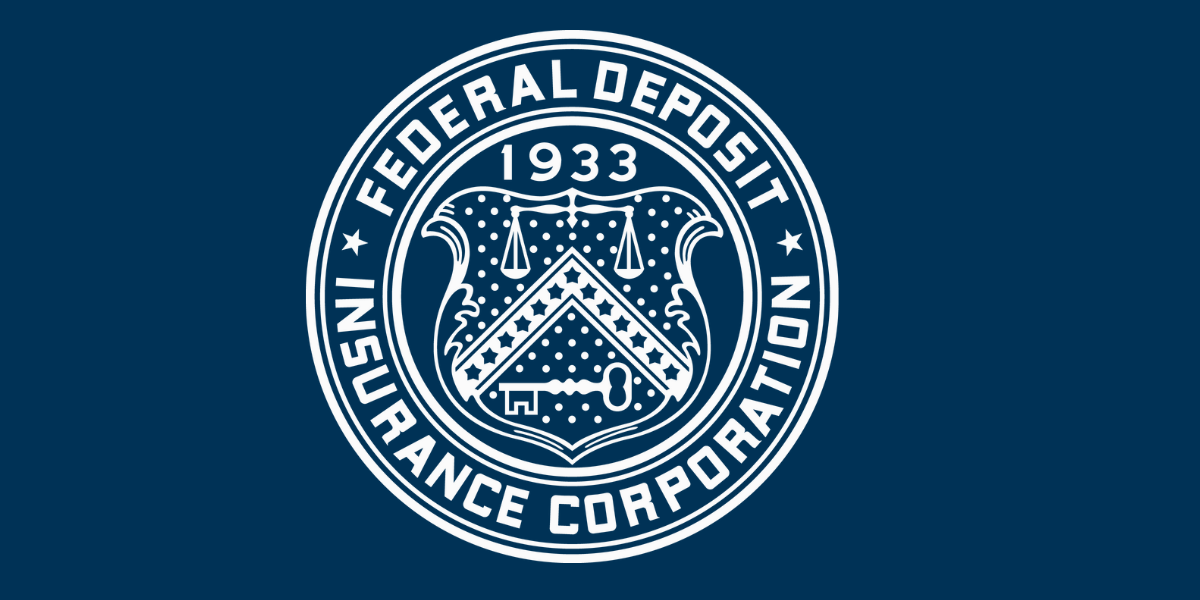Somebody shoot me down on this one if it's a bad idea.
I'd appreciate any critique or criticism, as this is not a hypothetical and I may be called upon to justify my recommendation.
Taxpayer is an elderly single person with no children. Wants maximum protection for about $600K in cash - CD's only. Joint ownership of CD's and POD beneficiary designations are out of the question.
As I see it, the only options are as follows:
1) US Treasury Bills through Treasury Direct
2) Brokered CD's (such as CDARS).
3) Spread the money among 7 banks.
4) Set up an S-corp or LLC to keep the number of banks down to 3.
I'm inclined to go with # 4, because it offers maxiumum flexibility. Ignoring costs to prepare the returns, is there any advantage to using LLC rather than a plain vanilla S-corp? (I'm partly concerned that an LLC treated as a disregarded entity might not enjoy serparate FDIC protection, so it seems that even if an LLC is formed it would still need to report as an S-corp).
Any comments or thoughts would be helpful.
I'd appreciate any critique or criticism, as this is not a hypothetical and I may be called upon to justify my recommendation.
Taxpayer is an elderly single person with no children. Wants maximum protection for about $600K in cash - CD's only. Joint ownership of CD's and POD beneficiary designations are out of the question.
As I see it, the only options are as follows:
1) US Treasury Bills through Treasury Direct
2) Brokered CD's (such as CDARS).
3) Spread the money among 7 banks.
4) Set up an S-corp or LLC to keep the number of banks down to 3.
I'm inclined to go with # 4, because it offers maxiumum flexibility. Ignoring costs to prepare the returns, is there any advantage to using LLC rather than a plain vanilla S-corp? (I'm partly concerned that an LLC treated as a disregarded entity might not enjoy serparate FDIC protection, so it seems that even if an LLC is formed it would still need to report as an S-corp).
Any comments or thoughts would be helpful.


Comment